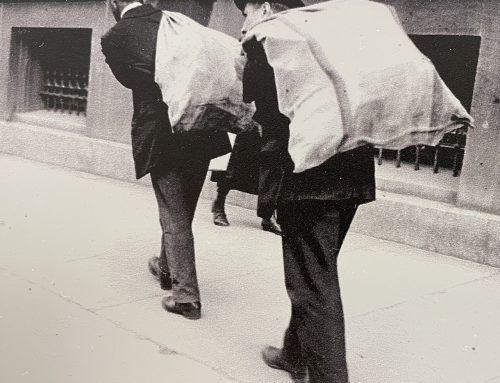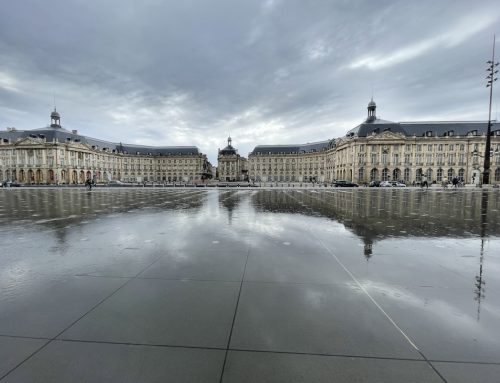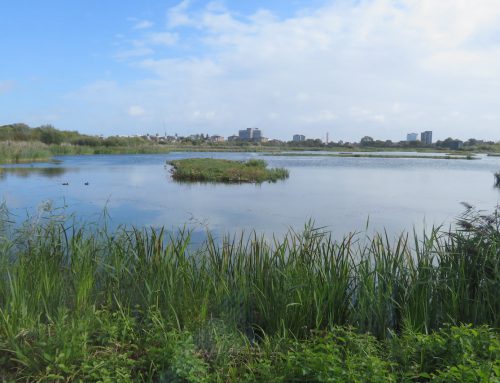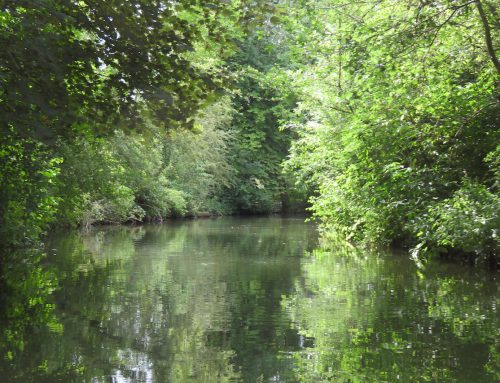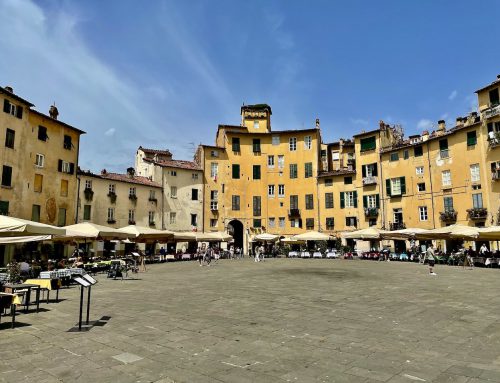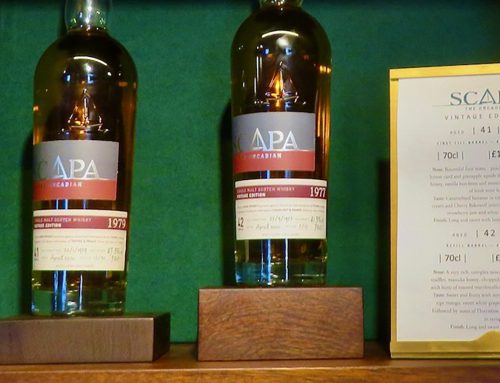Chocolate, beer and immigration
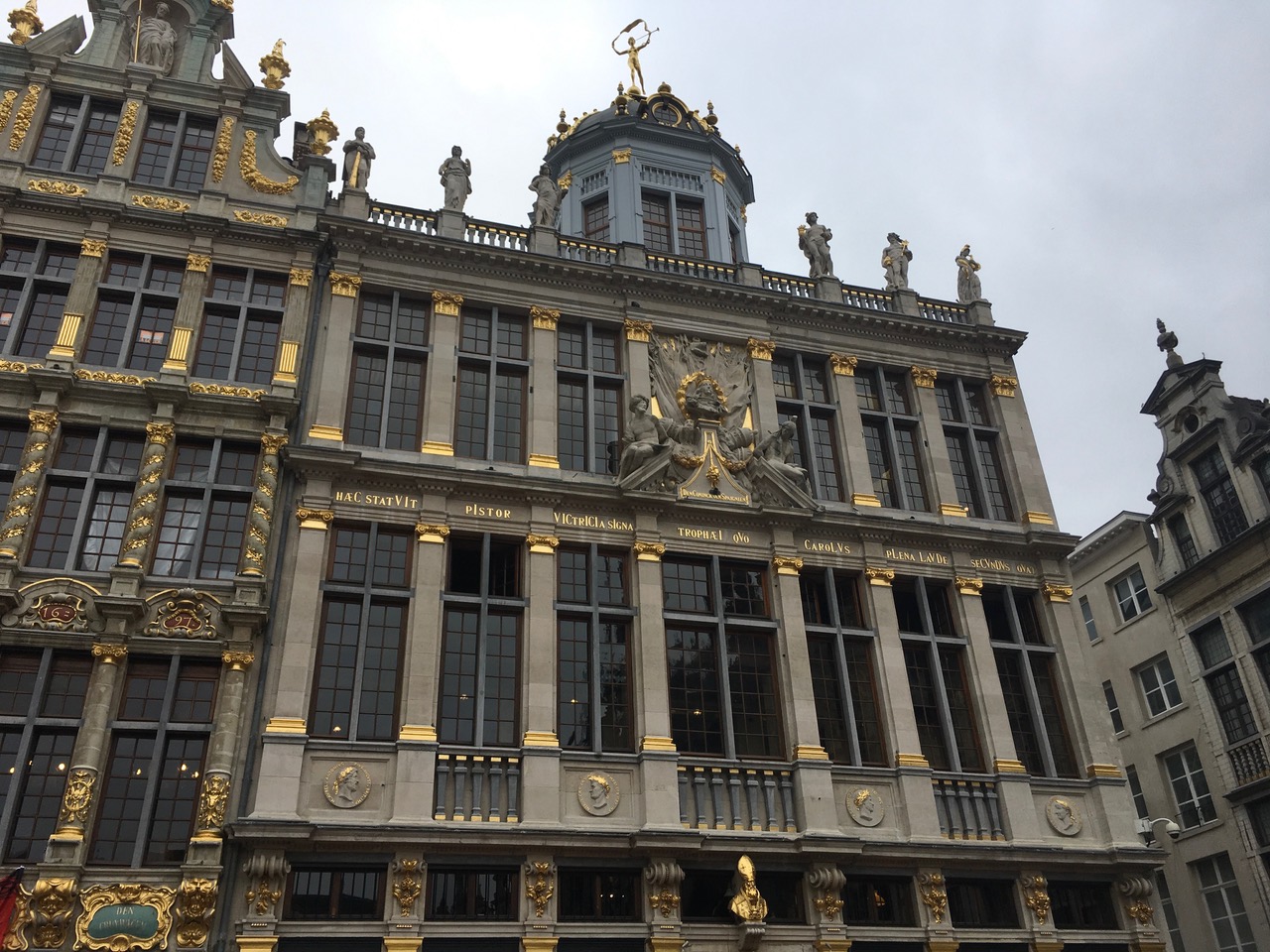
Plenty of gold in Brussels, as England's Charles II looks down

Plenty of gold in Brussels, as England's Charles II looks down
Brussels, Belgium
I was not expecting a taxi driver with a significant belly obsession. At least a Walloon cabbie who claimed to have had, some years earlier, a massive stomach that would not fit behind his wheel. The Belgian turned towards me, dangerously, eyes off the road as he spoke, me in the rear seat, him in front, and patted his now six-pack abdomen with pride.
“I lost 85 kilos,” he declared smugly, chest puffed out. We were speaking in French, schoolboy for me, fluent for him. I knew what I was trying to say, even if no one else understood a syllable, yet to his credit the cabbie at least pretended he could comprehend. It had not taken us long to strike up conversation, as there is no better way of finding out about a new city, in this case Brussels, than talking to someone who spends their life driving its streets. I had hoped to talk Belgian history but had ended up talking fat.
“I don’t believe you,” I replied, my voice one of incredulity.
My challenge was a signal for the driver to produce his tablet computer. I could not work out where he had been hiding it, but it appeared as if by magic. A tablet showing his face for sure, but a tablet that largely showed his gut. The photograph, there was only one, revealed him as massively obese, roll after roll of chubbiness bursting through the front and sides of a black T-shirt. His fatty apron was so large that it reached mid-thigh and overhung some faded football shorts, yet the cabbie was obviously proud.
“Who’s that?” I asked, smiling, knowing the answer instantly.
“Me,” said the Belgian. “I took the photograph before they gave me a bypass. The surgeons joined my stomach to my large intestine. It means I can carry on eating but cannot absorb much food.”
“Best of both worlds?” I queried.
“It is,” he replied.
Bariatric surgery was working overtime in Brussels, I thought, as my driver negotiated the capital’s narrow streets, and forever traffic jams, while we headed to a hotel from the railway station. The Belgian capital is one of those places where you can see your destination, almost reach out and touch it, but cannot easily get there thanks to mankind’s reliance on the car. Yet irrespective of traffic, what the Belgian was showing me was impressive. The stick insect of a cabbie sat behind the wheel had lost a huge amount of blubber in no time at all. There was much of which he could be proud.
It is not surprising weight is a problem in Belgium as the place is driven by food. Do not even think of going to the city if you are trying to lose weight by diet. Nearly half the nation is classified as being overweight. Good night out? Go to Brussels. Have a feast? Go to Brussels. Night on the tiles? Brussels does that, too.
And chocolate, Belgian chocolate, dominates most city streets. There are big stores that sell chocolate, classy little ones that do the same, and different sizes of chocolatier in between. There are boxes of chocolate, bags of chocolate, slivers, slabs and patterns. You can buy chocolate rabbits, tigers, horses and bees, indeed imagine a shape and you can find it in chocolate. The cobbled streets may create a background noise that rarely settles, thanks to the thousands of car tyres vibrating across these fancy surfaces daily. Yet the loudest din is that of Belgians munching chocolate. It is a slobbery sound - imagine Jaws swallowing a victim - which easily outdoes the rush-hour traffic. There is plenty of gobbling in Brussels.
Belgium is a nation of beer drinkers, too, as downing ale is a national pastime. Mind you, beer is the third most popular drink on the planet, beaten only by water and tea. But how about a land of 11 million people that has more than 220 breweries? Belgium. A country whose population drinks eight million hectolitres of ale each year, two-thirds of which is drunk in the home? Belgium. That is 27,000 road tankers, or more than two ocean-going supertankers’ worth of brew flowing through Belgian gut each year. No surprise the death rate from liver cirrhosis in Belgium is approaching that from traffic accidents on its roads.
If you forget its chocolate and beer, Brussels is still a stylish place, decorated by buildings that glitter gold. Glance up as you walk, especially in the city’s centre, and you will see plenty of bullion lookalike, in addition to busts of famous folk gazing down. There is even England’s Charles II, who ended up in Brussels when exiled from his country. Poor Charles, a monarch who was said to be unable to father an heir? You could have fooled me. At my last count he had nine mistresses and left behind him plenty of illegitimate children. Now there’s a thought. Might I be related to a king?
In keeping with the 16th most expensive country in the world, Belgium, and central Brussels for certain, has some very expensive restaurants. In some places you need a mortgage to buy a bottle of water or can rent a flat for less than a portion of shrimps; at least it felt that way to me. Further out, away from its chocolate-gobbling centre, set apart from the classy eating places drowned in garlic and beer, the perils of modern Europe are showing clear.
Immigration, you see. Religious differences, no-go areas that even a Belgian will not enter, places that make a leftie become instantly right wing. Belgium has its problems, but so does the rest of the World. This European centre of government, the beacon so many follow, has its own worries, as the long lines of uninvited visitors extend further by the moment. You would have thought the Belgians would have cracked it but clearly they have not. Street demonstrations, a population split, politicians resigning, others being appointed, and hardline plans for the future that would make a ruthless dictator reel.
“There is no way the immigrants are all genuine,” said the stick-insect cabbie as we eventually reached my hotel. Our conversation had wandered widely, culminating with immigration, a topic that unites Europe like no other and will do for many moons to come. But then immigration has nothing to do with chocolate.
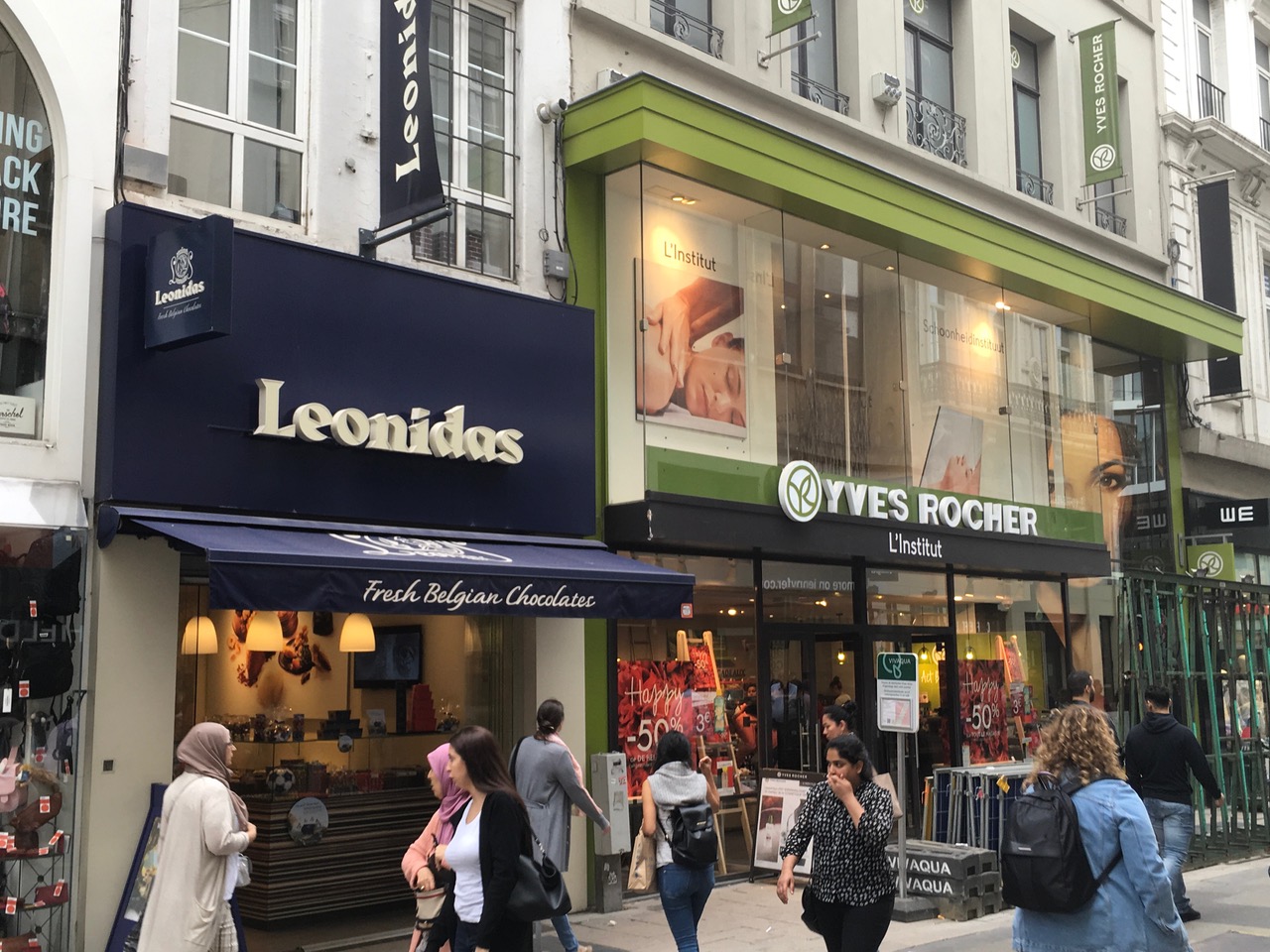
Chocolate, chocolate everywhere
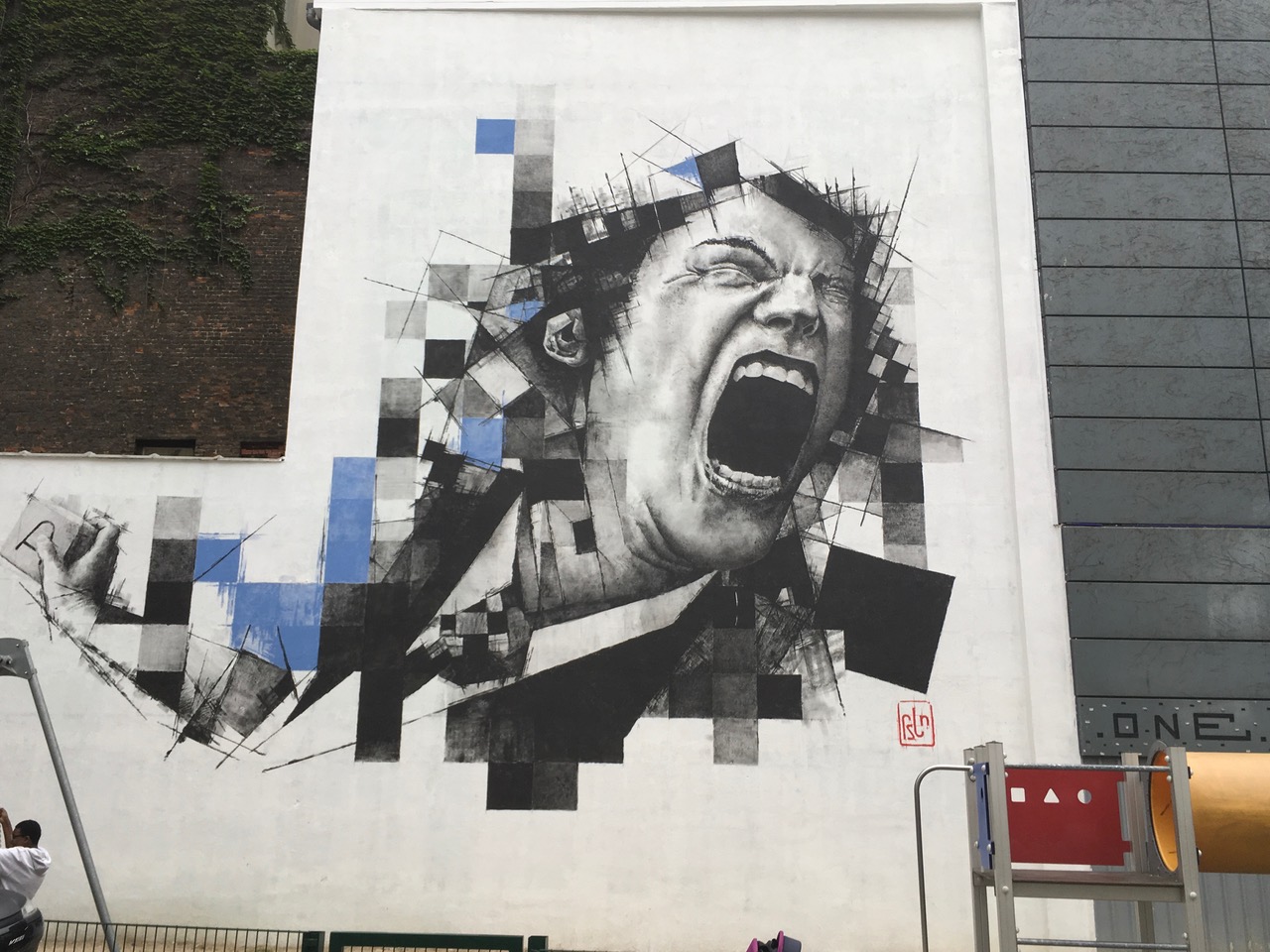
Brussels can be an angry place

